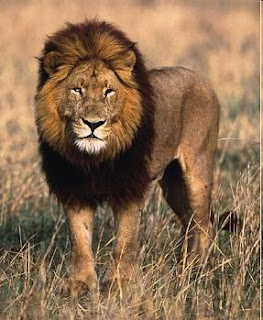Celtic Words In English
I once heard a lecturer say that English was made up at its heart three languages; Anglo-Saxon (A Germanic tongue), French (influence from William the Conquerer A.D. 1066), and Latin (from the church and scholars). She also mentioned that Celtic had been the language of England before the influence of the Anglo-Saxons and some “tie together words” had been brought into English. I assumed she meant words which tie sentences together, or nouns. But I was not sure which words she meant in particular. So I did a little research to find out what those relics in our language are. It seems that Celtic has few words surviving in English. I'm not counting the Celtic words which came in through other languages such as French. I'm not sure that there is a definitive list of Celtic words in English but here are a few I found in various places on the Internet and a book I have.
ass (borrowed earlier by the Celts from the Latin asinus)
bannock
bard
blarney
bucket
car
cart
clock
colleen
crag
crock
crockery
cross (the original Germanic gives us crutch)
curse
dolmen
down
druid
flannel
gaol
gob
iron
mattock
noggin
rix for king (cf. regal Reich rex bishopric)
slogan
slogan
town > tun (fortified hill)
truant
whiskey
Besides these words there are a number of geographic features and place names which come from Celtic. For instance, Cumberland is of Celtic derivation, it means “Valley Land”. And Aberdeen means “Mouth of the Dee”. And Inchcape means “island cape”. Of course glen and loch and many other geographic features have Celtic origin.
ass (borrowed earlier by the Celts from the Latin asinus)
bannock
bard
blarney
bucket
car
cart
clock
colleen
crag
crock
crockery
cross (the original Germanic gives us crutch)
curse
dolmen
down
druid
flannel
gaol
gob
iron
mattock
noggin
rix for king (cf. regal Reich rex bishopric)
slogan
slogan
town > tun (fortified hill)
truant
whiskey
Besides these words there are a number of geographic features and place names which come from Celtic. For instance, Cumberland is of Celtic derivation, it means “Valley Land”. And Aberdeen means “Mouth of the Dee”. And Inchcape means “island cape”. Of course glen and loch and many other geographic features have Celtic origin.

Comments
Dad
Broch
Boy
Coney
Frog (eg, Welsh "bhrog", Old English "frogga")